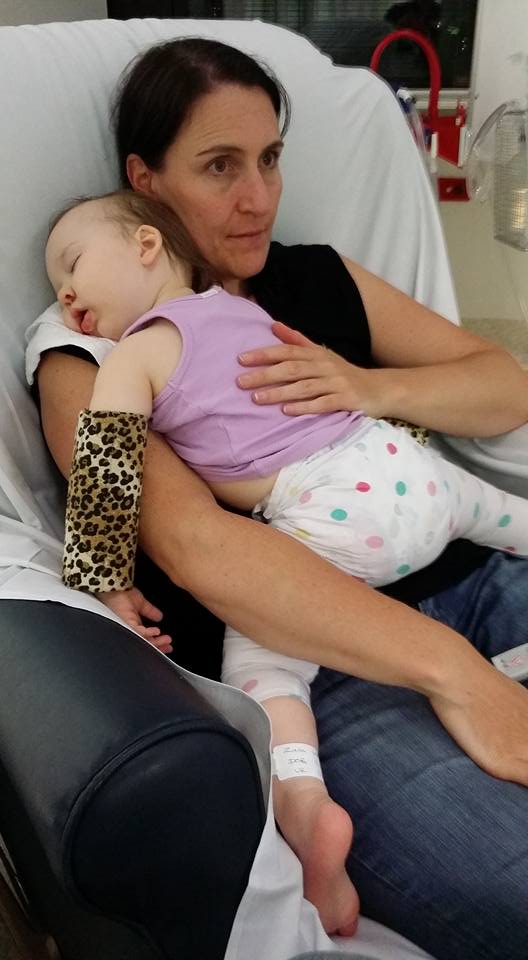Zara's Story
Jenna Beck
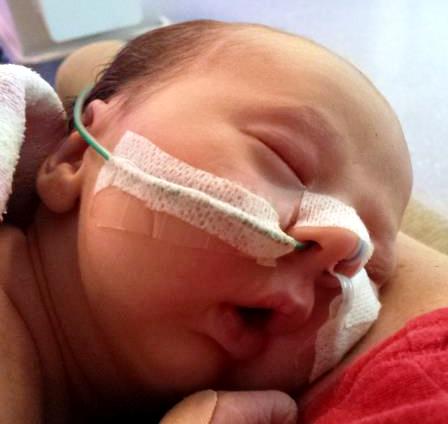
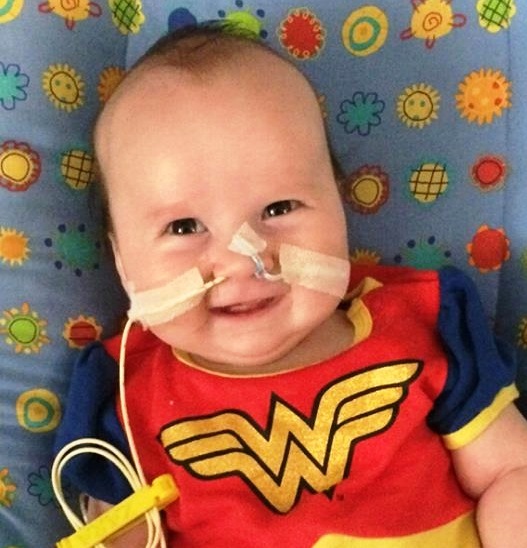
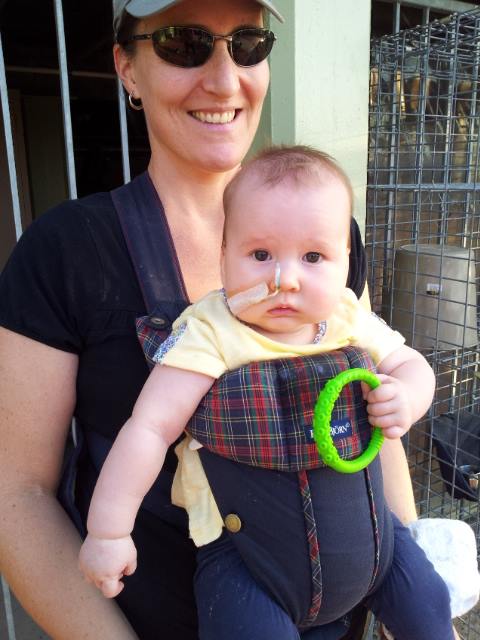
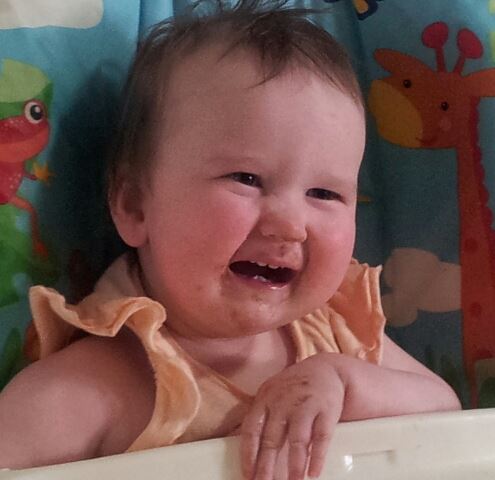
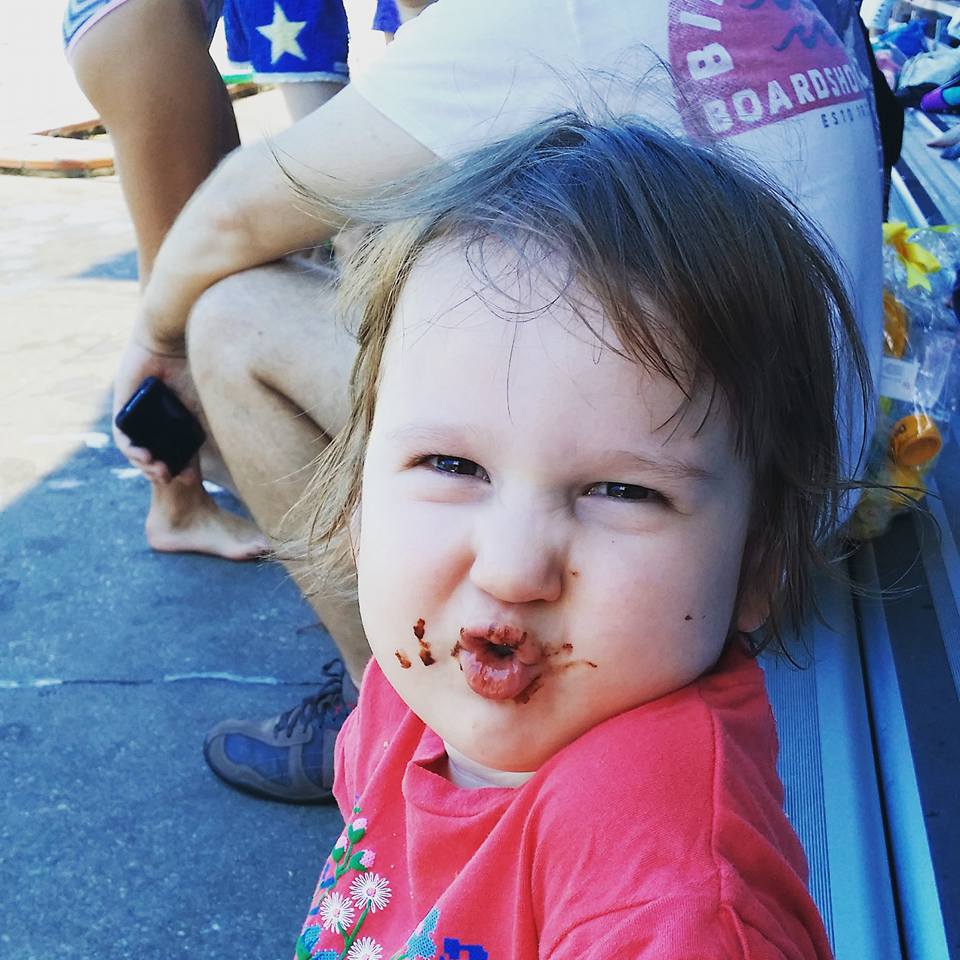
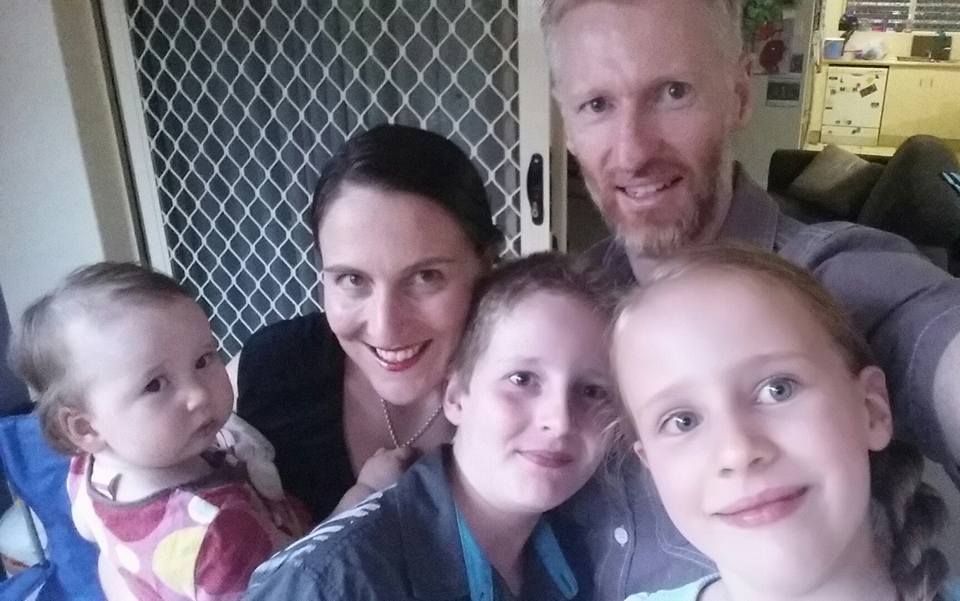
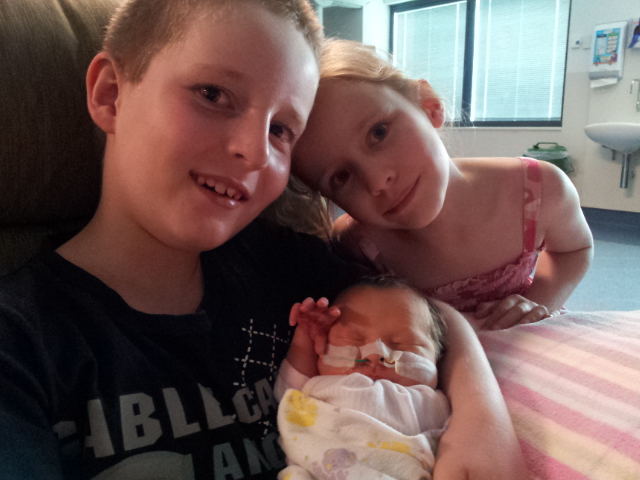
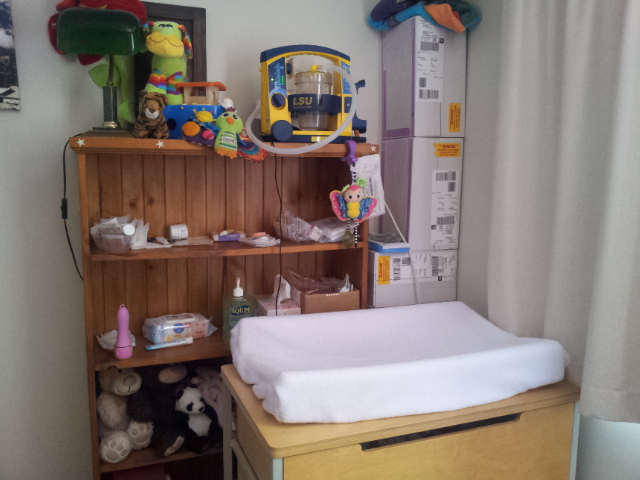
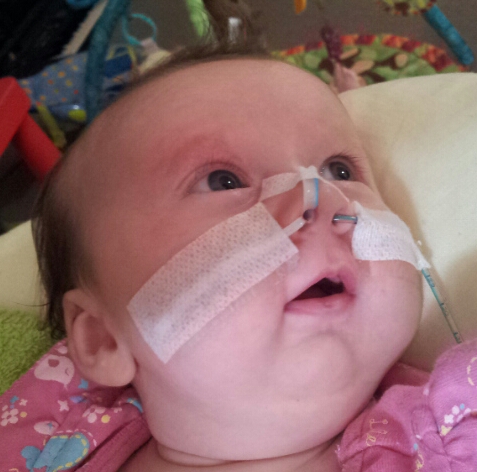
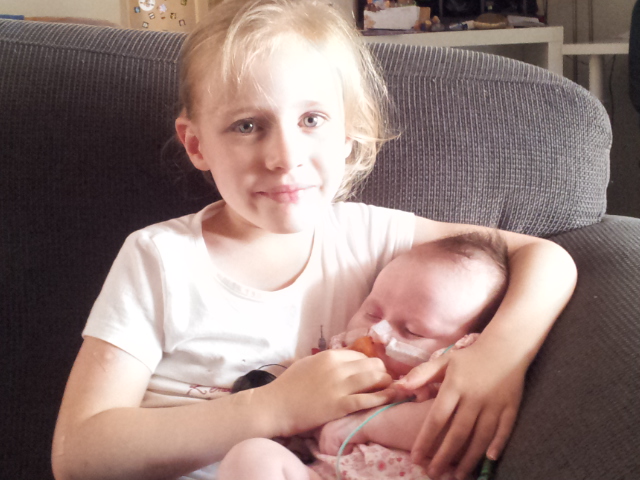
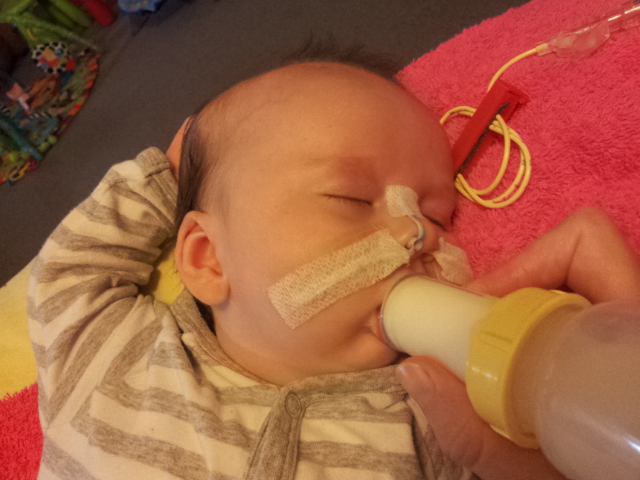
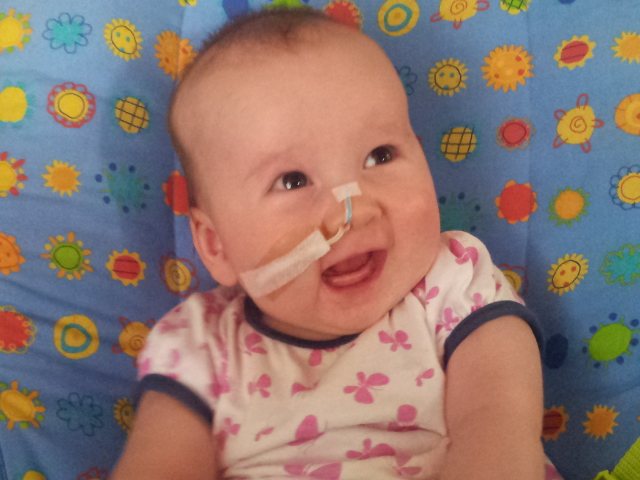
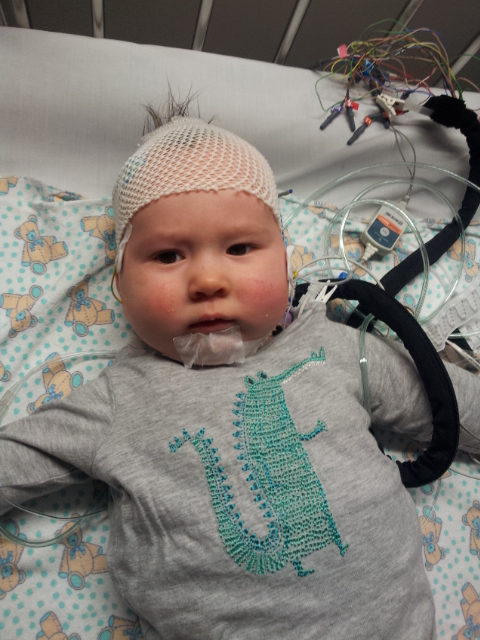
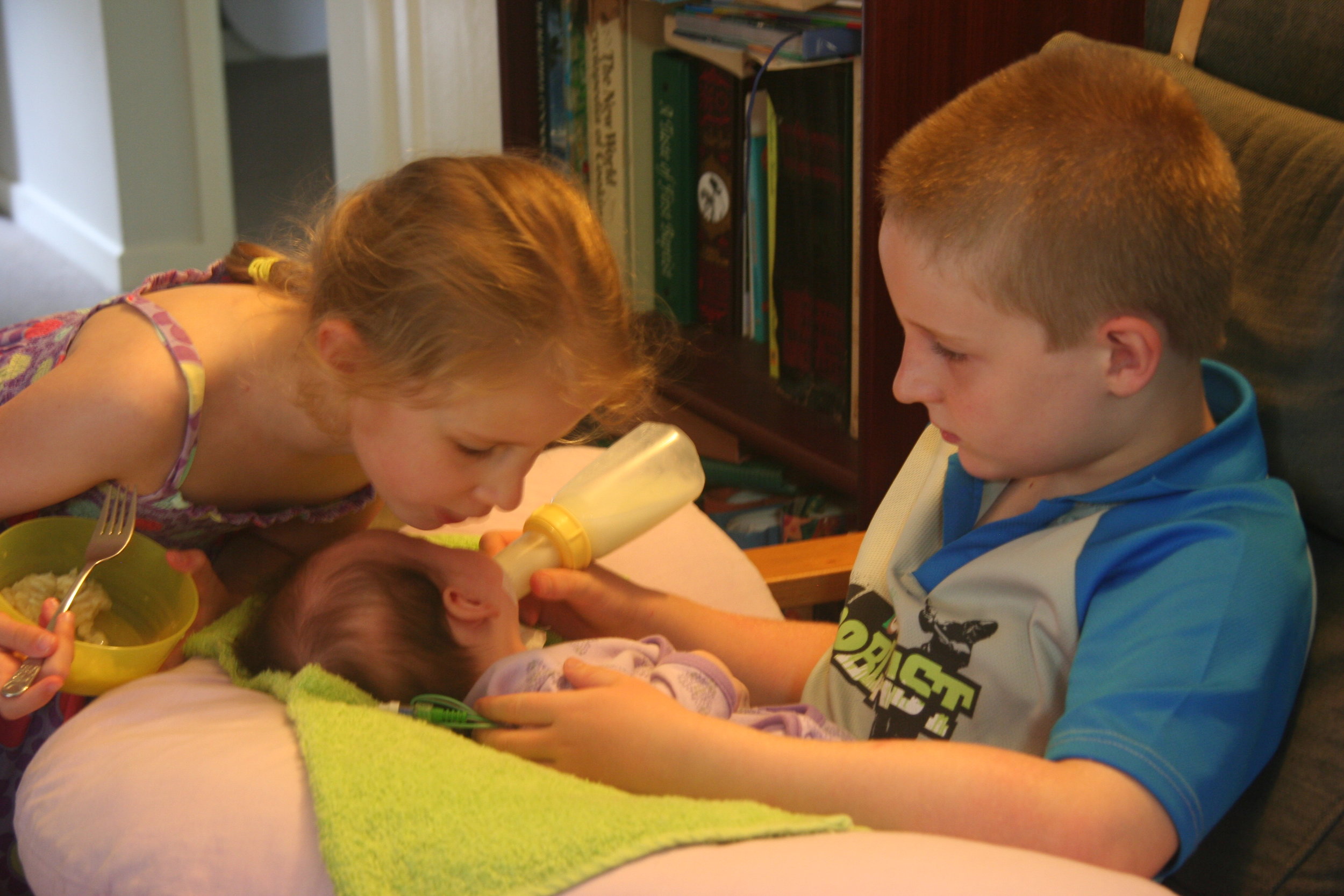
This is our little girl Zara, born in 2014 - a surprise third for us, arriving more than 5 years after her sister. It only took a few seconds to realise that something wasn’t right with her breathing and she was whisked off to the NICU, in expert hands. Over the next few days, it emerged that she had Pierre Robin Sequence and we were told the very difficult news that she would need a nasopharyngeal tube and a feeding tube for a while, followed by surgery to repair her cleft palate. Although the first year (and a bit!) was immensely difficult in so many ways, we survived with the support of a wonderful healthcare team and fantastic friends. We were so grateful to be surrounded with people who encouraged, helped and strengthened us.
She stayed in the NICU for 10 days while we learned how to manage her tubes and equipment and then we brought her home. The first few weeks with her at home were terrifying. We were constantly concerned with whether she was breathing OK, expressing milk to feed her and then working so hard to get it into her. It was a time when we counted our successes in minutes and hours and celebrated each day that passed where we’d kept her safe and healthy. During this time we had people cooking for us, helping out around the house, and coming just to be with us in what was a daily struggle.
In the month or two that followed, when life’s pace seemed to be beyond ridiculous, we had people take our older kids out for fun holiday adventures; others brought food, nappies and grocery vouchers; or bravely joined me for the chaos of hospital clinic appointments. A thousand acts of kindness that helped us remember we weren’t alone and encouraged us to keep going.
As the pace slowed somewhat, we enjoyed getting to know and love this amazing little girl, who is cheeky and strong and seemingly quite happy with her lot in life. When Zara was born, the kids described her disability to their classmates saying, “she is a baby who needs a lot of extra love, and that she came to the right family because we have a lot of love to give.” I believe we do have a lot of love to give because we’re part of a community of people who have a lot of love to give – we’re so grateful for all of them!
Having a background as an ICU nurse made this whole experience harder in some ways and easier in others. One thing that we did try to do was to help out other parents going through the same or similar things, so we made up some gift packs for the Hospital’s Respiratory nurses to give out to new families whose babies had PRS and needed an NPT (we’ve included a list below of what was in those packs). Also, I put together some tips for maintaining good infection control at home, which I hope will be helpful to other families (also included below).
PRS Parents’ Pack:
We hope that this little pack will help you get set up, but most of all we hope that it helps you realise that there are others who have been where you are now, who know it's hard, but who also know you can do it!
We found that having a little pack made up like this was very helpful for going out and also to use in case of an emergency tube reinsertion (at home or out). We have included a few things that we really found helpful:
- Hand sanitiser – great to use when you can’t get to wash hands and between tasks.
- Tissues – you’ll need for obvious reasons – it’s a pretty tough time! Also for wiping down the suction catheter after suctioning.
- Notebook & Pen – write down all your questions and take them to clinic appointments – it’s very hard to remember everything you want to ask when you’re in the middle of a busy clinic.
- Ruler & Sharpie – for measuring and marking tube length prior to cutting, and feeding tube prior to inserting.
- Scissors – for cutting the NPT.
- Lollipop – to help you replenish blood sugar after managing something stressful or scary (I had an accidental NG tube removal and then reinsertion while out at the shops and found I really needed a sugar hit afterwards!!)
- Need to add –own tubes and suction catheters provided by the hospital.
Infection Control at Home:
It’s true that babies are at greater risk of getting sick because their immune systems are immature AND that we really don’t want our PRS babies to get sick. However, there are still a lot of things you can do to try to prevent this. These are just a few tips that we found helpful and seemed to work well in keeping Zara healthy throughout her first year.
- Hand washing (including using hand sanitiser) – probably the most important thing you can do to prevent the spread of infection. It’s important to have clean hands before touching the tubes or tapes, before preparing food or feeding the baby and to clean hands well after touching nappies etc. Don’t be afraid to ask visitors to wash hands before holding or playing with your baby too – most people are more than happy to do so, they just don’t think of it.
- Washing hands is great, but you can’t always get to the tap, so we bought a few big bottles of hand sanitiser and put them near our tissue boxes (for use after sneezing or blowing noses) and one at Zara’s change table. This way we could use it immediately before suctioning or doing anything with the NPT or feeding tube.
- Minimise contact with sick people – it’s OK to ask people not to visit if they’re sick or to keep their distance from your baby. This is easier said than done though – we have two older kids who are at school, so Zara has a twice-daily trip to school where everyone wanted to touch and kiss her. We managed this by trying to keep her in her pram or being held and encouraging the kids to talk to her and tickle her feet, rather than touching her face.
- As well as keeping up with your baby’s immunisations, make sure the rest of the family is up to date with their immunisations, including the flu vaccination in winter. I was not a very popular wife or mother for this request but we all went and had our shots and none of us got the flu, including Zara!
- Keep things separate - airway and feeding equipment from other baby care items. We used a bookshelf in the baby room and cleared the whole top shelf to use for the airway and feeding equipment and suction machine. The nappies, wipes, creams and other items we kept on a lower shelf or in a drawer. This helped in preventing contamination of airway/feeding items.
- Regularly clean the equipment and change table. Clean the suction tubing every day using warm soapy water and a small bottle brush, and leave it to air dry. Let it dry completely and set up the suction machine with another piece of tubing. Also, I found that a weekly wipe over (using soap & water or cleaning wipes) of the suction machine, storage shelves and change mat/table helped to keep these items clean and dust-free.
- Do whatever you can to keep yourselves well (and sane!). It is very hard, but try to get the rest/exercise/food/fun you need to stay well. Say ‘Yes’ when people offer to help out, ask for help when you need it (before you fall apart!) and be kind to yourself as much as you can.

